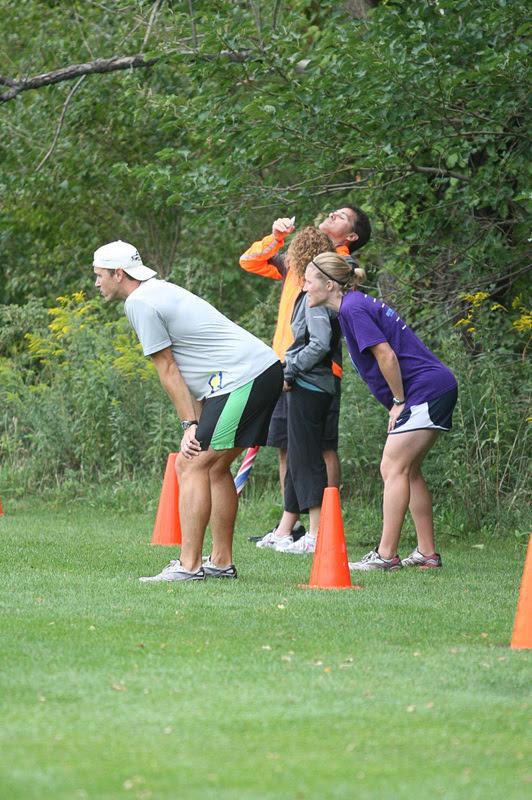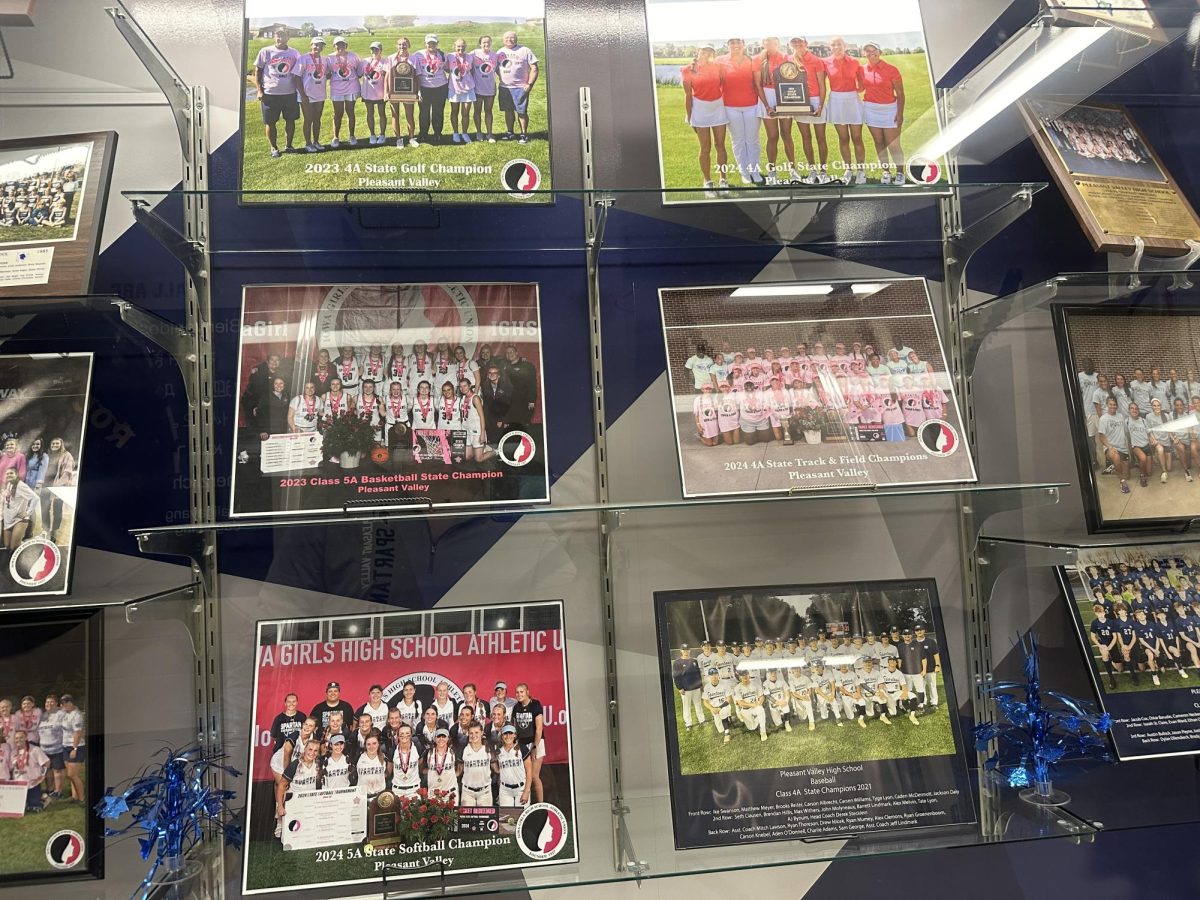“Athletes perceive and interpret their athletic experience based on the leadership they receive, as well as their ability to perform well,” states Cat North from LIVESTRONG. Many Pleasant Valley students’ days are not over at 2:45 because after comes school or club sports practices. Every day, PV students dedicate hours of time to a sport of their choice, yet the coach is often in the spotlight as the reason for his/her success or failure. Does the coach take on a leadership role? Is a player’s performance affected by the coach’s attitude? How does a coach react to his or her players after a tough loss? The above questions can apply to every kind of athlete at Pleasant Valley, whether he or she realizes it.
Generally speaking, many coaches put the desire to win ahead of the character they portray. Studies have shown a coach with this kind of attitude can do far more bad than good for their players. Results of this include fear of the coach by players, humiliation, disrespect, favoritism, and loss of interest in the sport by players. Lacking the desire of playing due to this kind of coaching can also affect the athlete’s performance. The athlete may feel extremely nervous and less confident about his or her playing which can, in turn, lead to low self-esteem. Therefore, the athlete has to decide whether he or she wants to be in such an environment.
Although players can be negatively impacted by this way of coaching, many athletes at Pleasant Valley don’t seem to have this issue. Keeli Richards, senior, decided to join cross country this year and is very glad she did so. “Coach Wheeler and Coach Hoffman are the best coaches ever. They encourage the team not only to be good runners, but good people as well. Their positivity makes practices and races a very fun environment,” states Richards.
Research has conducted studies considering which characteristics qualify as good coaching, and what is most effective. Some of these attributes include leadership, encouragement, and ethical considerations. Joshua Hoffman, girls assistant cross country coach, explains his perception on coaching as he mentions, “It’s not about the workout. It’s about the team and getting the girls to care about each other. If every girl leaves this team as a better runner and individual, the team has succeeded, regardless of the outcome.”
Negative behavior and poor examples set by coaches can create a harsh environment for players alike. Morale, self worth, and confidence can easily be altered by a coach’s demeanor. However, many Pleasant Valley athletes seem to feel as though they are surrounded by coaches who display the positive leadership qualities any parent would hope for their children to reciprocate later in life.










